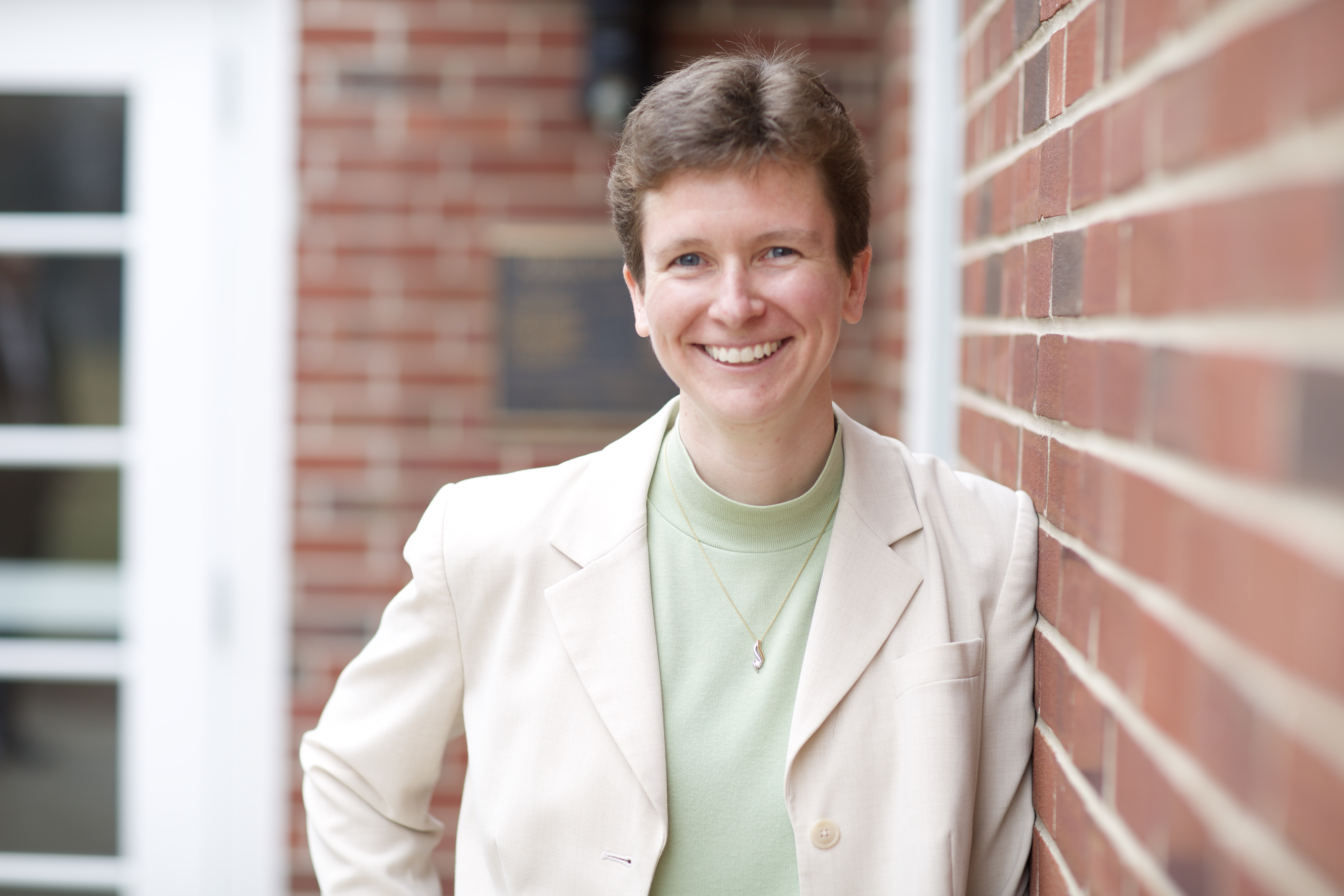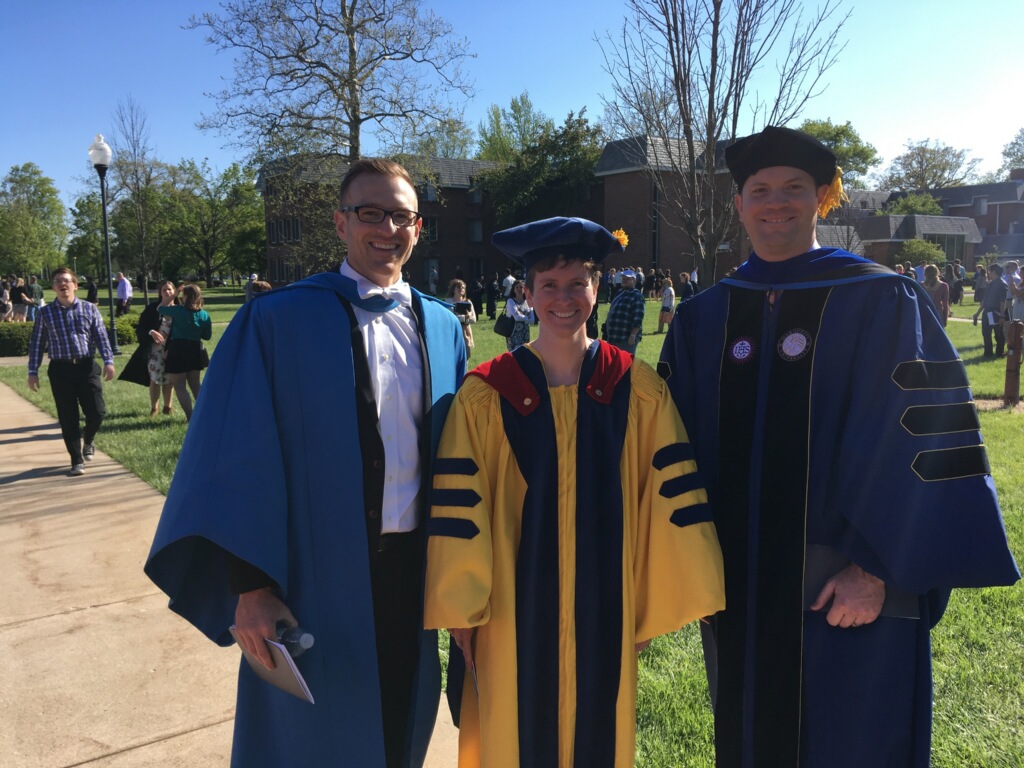
After Jeff Tyler’s History of Christianity class, the two courses I am most grateful for in all of my education are Janis Gibbs’s HIST 140 and Marc Baer’s HIST 400, the history major’s introductory and capstone classes, respectively. It was in these classes that I learned the art of research, which served as a foundation for all of the work to come. The classes in between the those two and all the varied experiences and opportunities I had as a history major together formed me as a historian.
I went on from Hope to get my M.Div. at Duke Divinity School and then my Ph.D. in historical theology from Marquette University. Now I teach church history and spiritual formation at Anderson University in Indiana. At every stage, I have been grateful for the formation I received as a Hope College history major.
The classes I took taught me how to research, to write, and to think. All of these skills were essential in graduate school, but the one that graduate school spent little time teaching was research. I was expected to know how to find sources and decide which were worth using. Professors assumed that I knew primary sources from secondary and the purpose of each. Assignments often had few instructions beyond, “15-20 pages, due on December 1.” I was expected to know how to take a paper from idea to final draft. Thanks to the work of Hope’s history faculty, I did.

Beyond research as the fundamental skill for papers—then a dissertation, and now conference presentations, articles, and books—the way Hope faculty taught me to research was empowering. They gave me steps to follow but trusted that I would do them and had high expectations. They taught me to do for myself and to try solving problems on my own. I was learning to think and work out the issues in my arguments; professors encouraged me to follow my curiosity. Now I use those same methods and stages of the intro and capstone classes (the annotated bibliographies, outlines, drafts, etc.) as I teach my own students to research in a History of Biblical Interpretation course.
In classes, I learned to speak up and have a voice because the history faculty knew how important discussion was for learning. I tested my ideas and learned to disagree respectfully with classmates. I learned that I was not always going to be the smartest person in the room; that formed humility as well as opened me to learn from classmates. In graduate school, I understood the value of listening to those with whom I disagreed, and now I require such discussions of my own students. (It’s also a skill and a posture much required in faculty meetings).
More than any class or any particular assignment or set of academic skills, however, I am grateful to my professors. They did the most work in preparing me to be a professor myself, and they did it by example. As they invited me into their offices and often their homes, as they worked alongside me on a research project, as they listened to my life and even prayed for me, I thought, “That’s the kind of professor I want to be.” And now as I sit across from students in my own office or as I make decisions about how to be fair in the classroom, I think about what Marc Baer or Janis Gibbs or Jeanine Petit would have done with me. I didn’t just come out of the Hope history department with a degree or with better research skills. I came out a well-rounded human being ready to serve.


Thank you for the kind words, Samantha! You were a joy to have in class, and I am very proud of you.